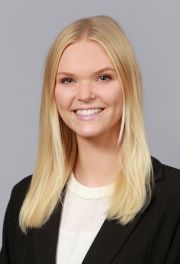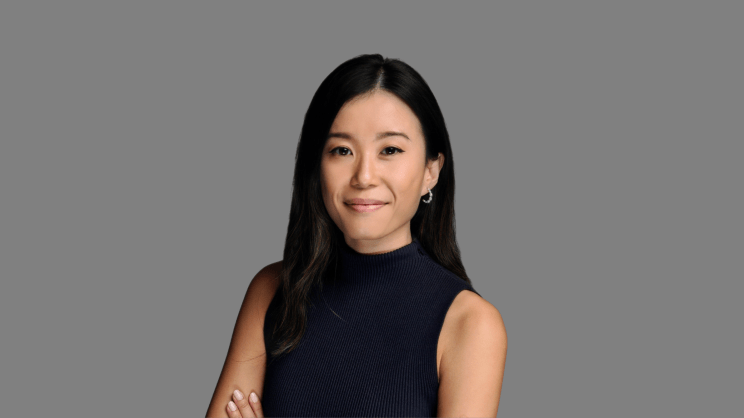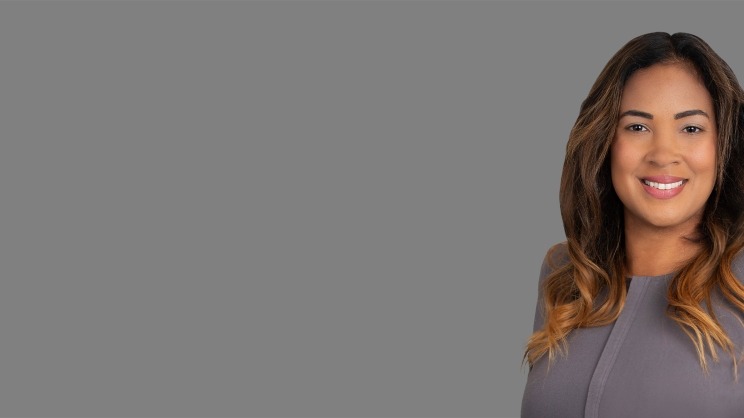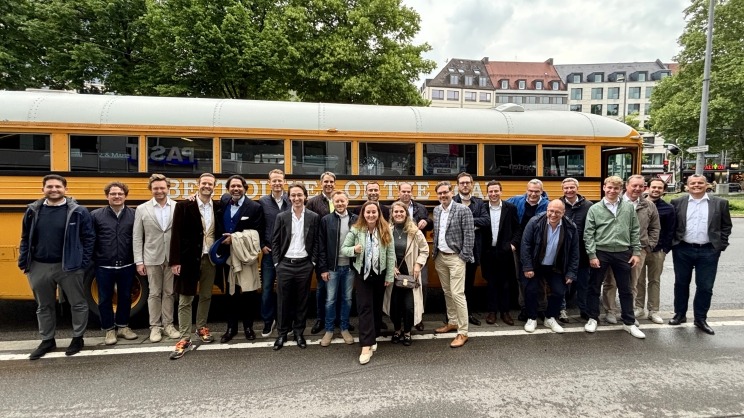Campus Spotlight: Caroline Carruthers

An Analyst's Insights on Navigating Early Career Challenges and the Importance of Alignment Between Personal Values and Company Culture
Caroline Carruthers is an Analyst with Alvarez & Marsal’s (A&M) North American Restructuring & Turnaround practice in Dallas, Texas. She earned her bachelor's degree from The University of Texas, majoring in finance and minoring in accounting.
In the following Q&A, Caroline explores the transformative experiences of her Summer Analyst role, discusses her rationale for choosing A&M based on its vibrant work culture and client-centric approach and shares the trials and triumphs of her early career. Emphasizing the virtues of ownership, excellence in deliverables and the cultivation of attributes such as attention to detail and emotional intelligence, Caroline offers invaluable insights gleaned from her professional journey.
Reflecting on your college experience, what unexpected lessons or insights have you gained that have significantly impacted your career?
One of the unexpected lessons that significantly impacted my career was learning to embrace constructive criticism. In high school, feedback often felt negative. However, I encountered a different type of critique in college, especially during professors' evaluations and mentorships. It focused on improvement, offering specific pointers to strengthen my work and help me grow. In my career, I actively seek feedback and use it to refine my skills and approach. This shift in perspective on constructive criticism has been beneficial when learning the ropes in the first months of starting work.
Why did you choose to become a Summer Analyst at A&M?
My Restructuring Summer Analyst role particularly interested me because it offered a unique combination of high-level problem-solving backed by thorough analysis. This blend appealed to me as I wanted a well-rounded view of business and to learn as much as possible first starting out. Beyond the technical aspects, I was drawn to the opportunity to make a positive impact. Helping companies turn around and save jobs is something you don't often find in finance, and it resonated with my desire to contribute meaningfully.
What motivated your decision to join A&M full-time?
Something uniquely intriguing to me about A&M was the employee longevity. Other companies have a higher turnover rate, and I think that A&M’s lower turnover rate speaks to the culture and how the core values are put into practice. The people at A&M enjoy the work they do and genuinely like with whom they work.
Which office are you based in, and how would you describe the office culture?
I work in the Dallas office and would describe the culture as very social. The work is often collaborative, and the non-hierarchical structure means you get to work with team members at all levels and gain exposure to the bigger picture. We frequently get dinner after work or have happy hours, where you get to know everyone in the office outside of the work setting.
How to Leverage Mentors and Networking to Manage the Transition from School to Work
Reflecting on your career's early stages, what unexpected challenges did you encounter, and how did you navigate them to emerge stronger?
Very quickly, I found out how much I did not know. When joining a new company and line of work, there is a world of new terminology, lingo and ways of doing things. Being patient and asking mentors/team members what to expect when going into new situations, such as being on a client site for the first time, was very helpful.
What crucial skills or qualities do you believe students should prioritize developing to thrive in the consulting industry, and how can they best prepare themselves?
Students should prioritize developing a combination of analytical and interpersonal skills. Strong problem-solving and analytical skills are essential to tackling complex challenges and conveying solutions effectively. Building trust and rapport with clients is equally important to effectively communicating and receiving the analysis well.
Looking back, what advice would you offer recent graduates about effectively transitioning from academia to the professional world?
Transitioning from school to work is different than you might think, at least for me. It takes a while to get used to the structure of your day being completely different, but it is just an adjustment period. I encourage recent graduates to focus on time management and implement a schedule or to-do list to complete tasks.
How do you approach networking and building professional relationships, and what tips would you offer to others just starting?
Networking was fostered naturally in the office, as many people regularly reach out to help and provide a safe space to ask questions. For those just starting, I suggest meeting regularly with your assigned mentor at the beginning. During these check-ins, you should be authentic about how you are feeling, your questions or any struggles you may be facing. Mentors are a great resource, but they are only effective through open communication.
What are your career aspirations for the next few years?
As someone still early in my career, I am most interested in learning new things and gaining as many applicable skills as possible. Talking with mentors about what I should prioritize has helped lead me in the right direction, as they know best from experience. People at A&M are more than willing to help mentor you and prepare you for success, which I truly appreciate.
What are some notable perks or benefits you've experienced working in the consulting industry?
Consulting is a unique line of work as you travel to client locations and spend extended periods with your team. Traveling has helped me get to know my team better and build a closer relationship with everyone. Other fun perks of traveling are getting to try different places to eat, earning hotel points and having new experiences away from your home city.
What's your favorite hobby or activity outside of work, and how did you get into it?
I love to play pickleball with my friends on the weekend! It can be casual or competitive and a fun way to get some movement in and time outdoors. I live across from a park with multiple courts, so it is easy to round up a group of friends or meet new people to play on the courts.
What's the best advice you've ever received, and how has it influenced your life?
Treat yourself the way you would treat a friend. We can be harsh inner critics. When self-doubt creeps in, I think to myself what a supportive friend would say. It helps me stay grounded, especially when learning new things—like starting a new, challenging job in an unfamiliar field.




